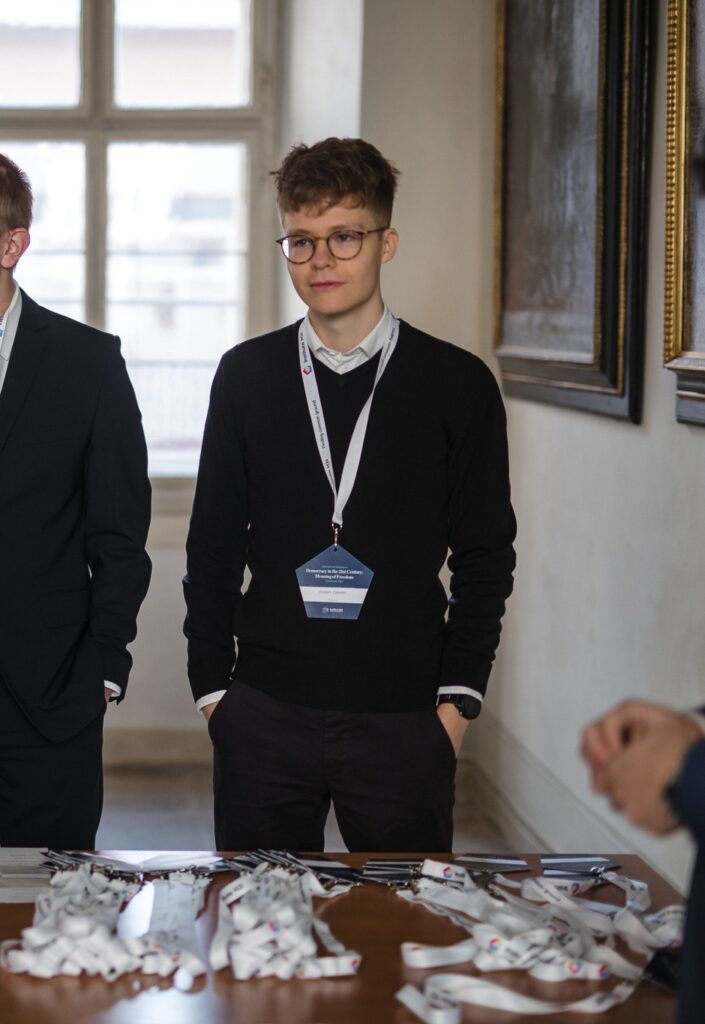Nationalism Good, Bad and Ugly
Nationalism represents one of the driving forces of the modern world. Nation-states vote on global issues like pandemics or climate change. Nationalist populists win offices by protecting „national identity“ from the threat of migration, and a full-scale war is being waged over the question of who is and is not Ukrainian. The omnipresence and seeming banality of nationalism often complicate a critical perspective on the phenomenon. In this multidisciplinary course, we will bring nationalism to the forefront and trace its influence on today’s society.
Through the lens of sociology, history, psychology, and political science, we will seek answers to the following five questions:
1. Birth or rebirth? What are nations, and where do they come from?
2. How is a nation built? Inventing traditions from Masaryk to Fico.
3. Good patriotism, bad nationalism? Variants of national identities.
4. Between democracy, dictatorship, and empire? Geopolitical, economic, and social consequences of nationalism in Central Europe.
5. What does all this mean for me? Civic life in an imagined community.
We will apply key theories of nationalism using historical examples mostly from the Czech Republic and Slovakia. We will analyze both historical and contemporary manifestations of nationalism, to uncover its multifaceted effects on the region’s societies. The course is suitable for everyone interested in social sciences. It will develop your ability to critically analyze comments on domestic and world politics, providing new perspectives on society and ourselves. No prior knowledge of the topic is required.

Hubert Otevřel
Turnus E
AI and Particle Physics
Oliver Matonoha
Contemporary City Planning
Soňa Ondrejčáková
Economics for the 21st century
Kristina Zindulková
Imagining For a Better Future
Žofie Hobzíková
Law and Climate
David Chytil
Medical Science in the 21. century
Václav Melenovský
Music: From Science to Creative Process
Laura Prachárová
Nationalism Good, Bad and Ugly
Hubert Otevřel
Sleep
Anežka Zemanová
The Arab Middle East
Adéla Provazníková

